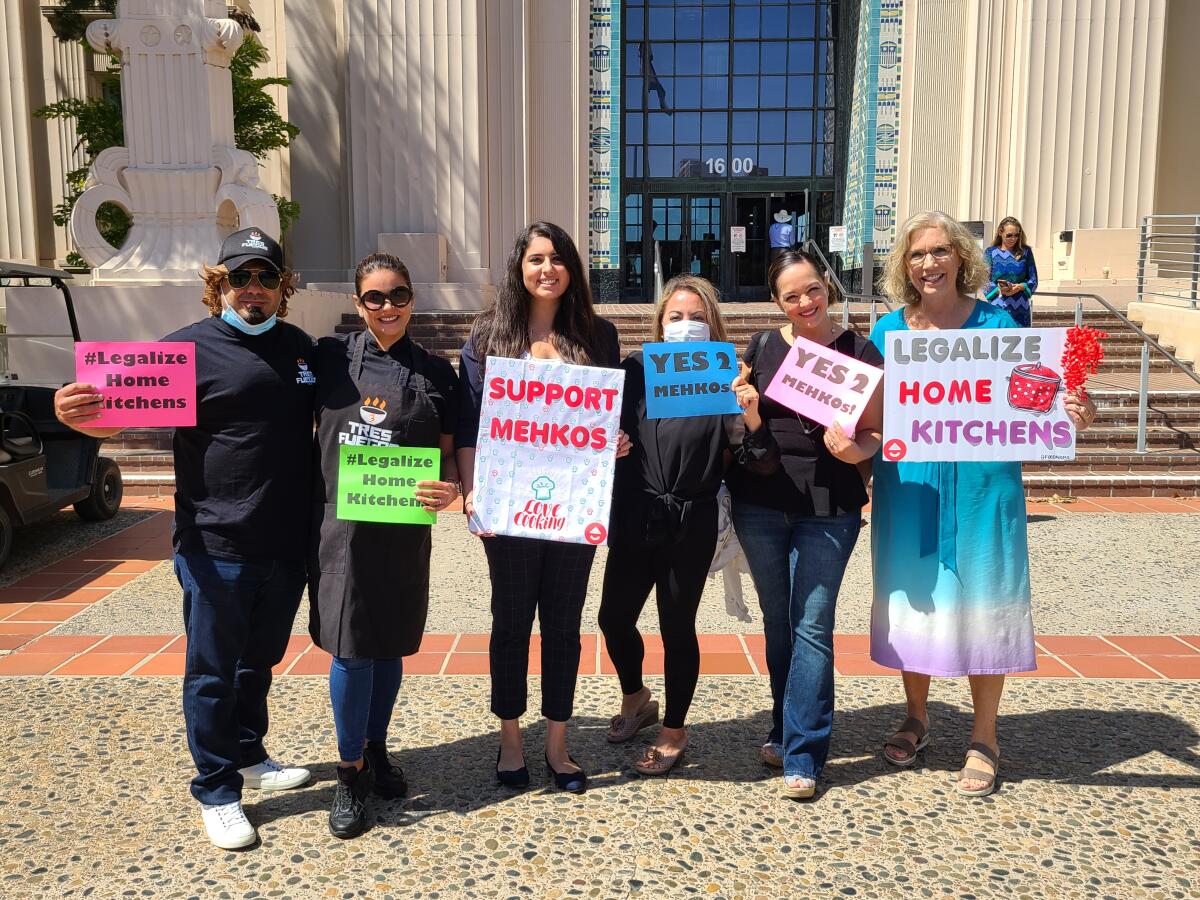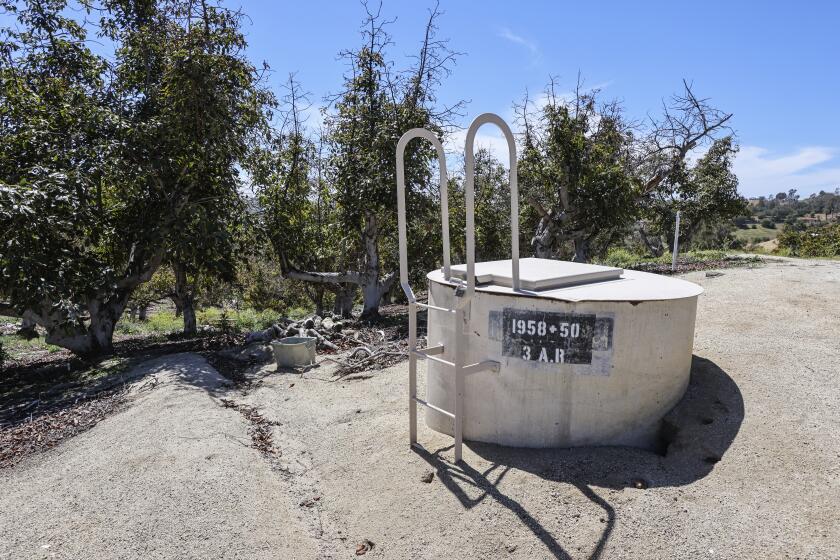San Diego County turns home cooking into small business opportunity

Aspiring chefs will soon have a way to turn their home cooking into extra cash.
The San Diego County Board of Supervisors voted unanimously Wednesday to create a program that permits the sale of freshly cooked meals from family kitchens located in residential neighborhoods.
Known as Microenterprise Home Kitchen Operations, or MEHKOs, these small businesses have operated informally for years.
In 2018 they were authorized by the state under Assembly Bill 626, which permits home cooks to prepare and sell up to 30 meals per day or 60 meals per week.
The program has been adopted by Alameda County, the city of Berkeley, Imperial County, Lake County, Riverside County, Santa Barbara County and Solano County, with no known cases of food-born illnesses, according to San Diego County staff.
“The experience for cities with existing MEHKOS has been overwhelmingly positive,” said Supervisor Nora Vargas, who with Supervisor Joel Anderson introduced the proposal to permit them in San Diego County. “Adopting the MEHKOS program can lift food entrepreneurs.”
Home kitchen businesses took off during the pandemic, when many food workers looked for new sources of income during restaurant closures, officials said.
At the board meeting some home cooks or “kitchenistas” described the range of cuisine they offer — from Mexican to Congolese to Indonesian — and the benefits of earning income while caring for family members and children.
“Imagine being able to afford to keep paying your high rent and not only survive but thrive,” speaker Janice Luna Reynoso said. “This is an opportunity to eat something so delicious it will make you want to dance.”
Also, people interested in the culinary industry can test their skills without investing the six-figure sums needed to open traditional eateries, supporters said. Startup costs for brick-and-mortar restaurants run about $400,000, while a food truck can cost up to $100,000, said Anderson, who discussed the program last week but was not present for the meeting Wednesday.
“It will have a positive impact on San Diego’s communities of color and particularly women and entrepreneurs,” Anderson said in an interview. “We have a lot of folks who are doing this already, but they’re in the gray (area), and this would give them a path to legally do it.”
The program would create a permitting system for these businesses, which would include an application process, kitchen inspections and food manager training certification for business owners, said Roya Bagheri, an attorney and policy director for the nonprofit Foodnome, which supports home kitchens.
Get Essential San Diego, weekday mornings
Get top headlines from the Union-Tribune in your inbox weekday mornings, including top news, local, sports, business, entertainment and opinion.
You may occasionally receive promotional content from the San Diego Union-Tribune.












